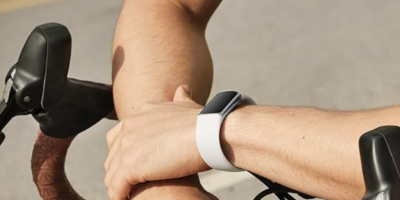Google is working on implementing real-time CPU scheduling for Bluetooth audio playback, reveals a commit spotted in the Android open-source repository. The change should put an end to the audio delay users experience when their smartphone is under heavy load.
It’s no coincidence that we’re only just hearing about this now. As we’re sure you’re aware, the Pixel 2, which started shipping last week, does not feature a 3.5mm headphone jack, leaving customers with no choice but to listen to music using a pair of Bluetooth or, heaven forbid, USB-C earphones.
Most people opt for the former—and that can be problematic in some circumstances. Picture yourself in this scenario: You’re navigating around a foreign city. You have a slew of different applications running on your Pixel 2—Citymapper, Google Maps, Twitter, Uber and WhatsApp, to name but a few.
The handset should be able to handle that with ease, right? Right. But when you throw listening to Spotify through a pair of Bluetooth headphones into the mix, things could take a turn for the worst. And that’s because the Pixel 2, like any other smartphone, prioritizes certain processes over others.
The addition of real-time CPU scheduling for Bluetooth audio will allow playback to take precedence over almost all other processes, as noted by XDA-Developers, so even when the processor is under a lot—and we mean a lot—of stress, the listening experience should be flawless.










Comments